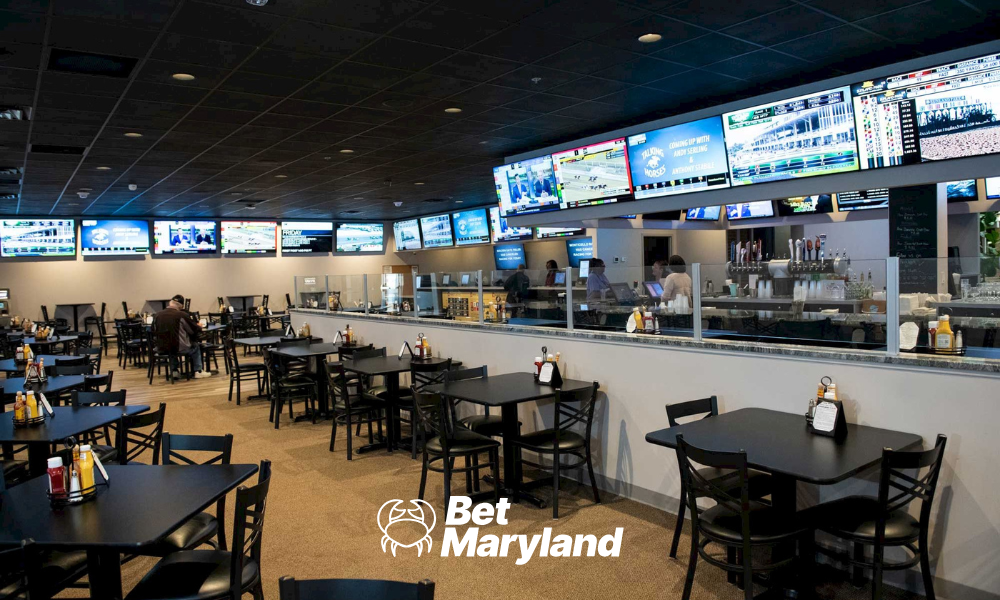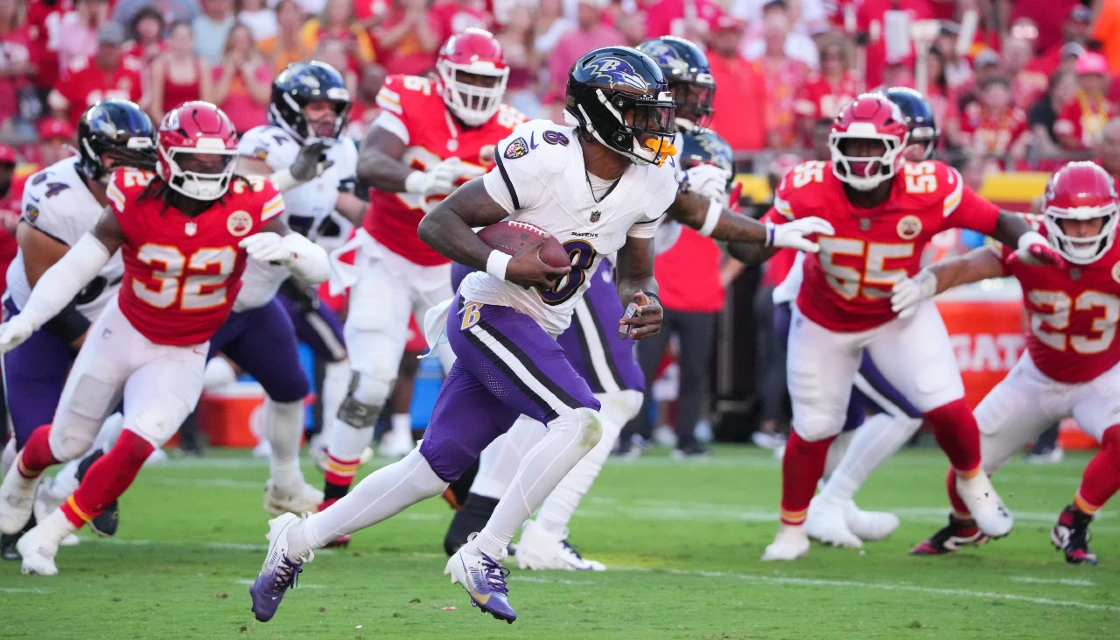A House subcommittee on Tuesday amended a bill that would let voters this November decide whether to allow online Maryland casinos, also known as iGaming, in the state.
The move by the House Ways and Means Racing and Gaming Subcommittee sends House Bill 1319 back to the full committee, where a vote to send the measure to the House floor could come in the near future. Committee Chair Vanessa Atterbeary sponsors the bill, which was the subject of a lengthy hearing before the full committee two weeks ago.
“This bill has been amended since its original introduction, taking into consideration the concerns that we heard during the hearing and concerns from individuals on the committee,” Atterbeary said.
During that Feb. 26 meeting, lawmakers heard from several casino employees as well as representatives from two Maryland casinos and the state’s business community, who raised several concerns about iGaming leading to a loss of revenue for brick-and-mortar operations. They said expanding online gaming beyond Maryland sportsbooks would lead to job cuts and hurt local businesses whose establishments rely on casino visitors.
Amended Maryland Bill Includes DEI Goals
Tuesday’s meeting lasted less than 15 minutes, with the bulk of that time spent on revealing the changes made to the licensing structure in HB 1319.
Maryland’s six brick-and-mortar casinos each would be able to hold between one to three licenses. They would qualify for additional licenses if they meet investment goals that are targeted to include participation from “social equity” applicants within the community.
If a casino achieves 5% participation in its first license, it would qualify for a second license. It would become eligible for a third license if the second license reaches 33% participation.
The state’s Class B gaming operators, which include off-track betting parlors and bingo halls, also would be eligible for licenses. Lastly, the remaining licenses would be available through a two-tier bidding process. Social equity applicants would get the first opportunity, and the final round would be a full and open competition.
Any licenses not used by the casinos would be put up for competitive bids.
“A social equity applicant is a person or group of people that meet one of the following criteria,” Atterbeary explained. “Lived in an economically disadvantaged area for at least five of the last 10 years, attended a public school in an economically disadvantaged area for at least five of the last 10 years, attended a college in the state where at least 40% of the individuals are eligible for a Pell Grant and has a personal net worth that does not exceed an amount determined by the (Maryland State Lottery and Gaming Control) Commission to encourage diversity, equity and inclusion.”
Licensees would be able to partner with established Maryland sports betting app operators, such as FanDuel, BetMGM and Fanatics, to offer iGaming options to players 21 and older across the state.
Other changes to the bill cover spending limits that players can update every 30 days and language that expressly prohibits the use of credit cards to make account deposits.
However, HB 1319 still retains its tax structure that places a 55% levy on online slot revenues and 20% on table games. Proponents of Maryland iGaming balked at those rates during last month’s committee hearing.
Bill Not a Sure Bet
The Maryland iGaming bill comes at a time when state lawmakers are seeking more funding for public education while also confronting forecasted budget deficits in the years to come.
While HB 1319 is almost certain to pass out of Atterbeary’s committee, its fate is far from certain beyond that, especially given the opposition from casino unions, some business groups and two Maryland casinos – one of which is operated by Baltimore-based Cordish Companies.
Even if it were to clear the House, its chances are not necessarily great in the Senate, where a similar bill has not moved out of the committee process this session.
Maryland’s General Assembly has a crossover deadline set for Monday, meaning bills must pass out of their chamber of origin by then to become law this session. The legislative session is set to end on April 8.
Follow BetMaryland.com for updates on iGaming in the state, as well as for Maryland sports betting promos.










